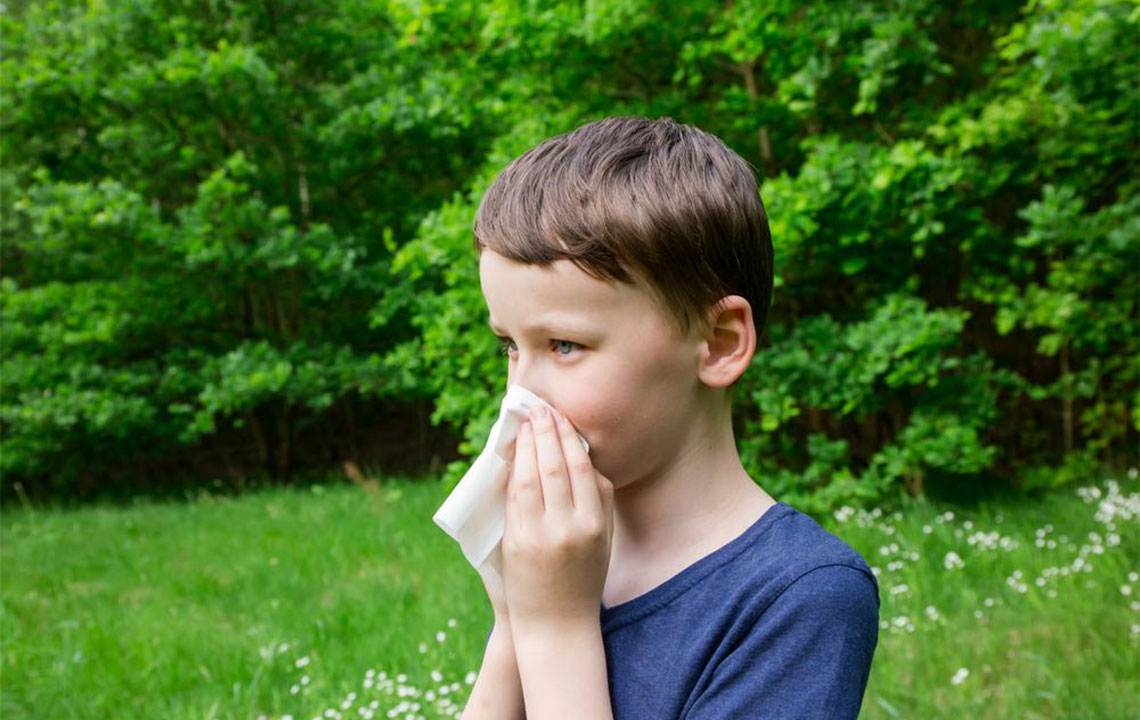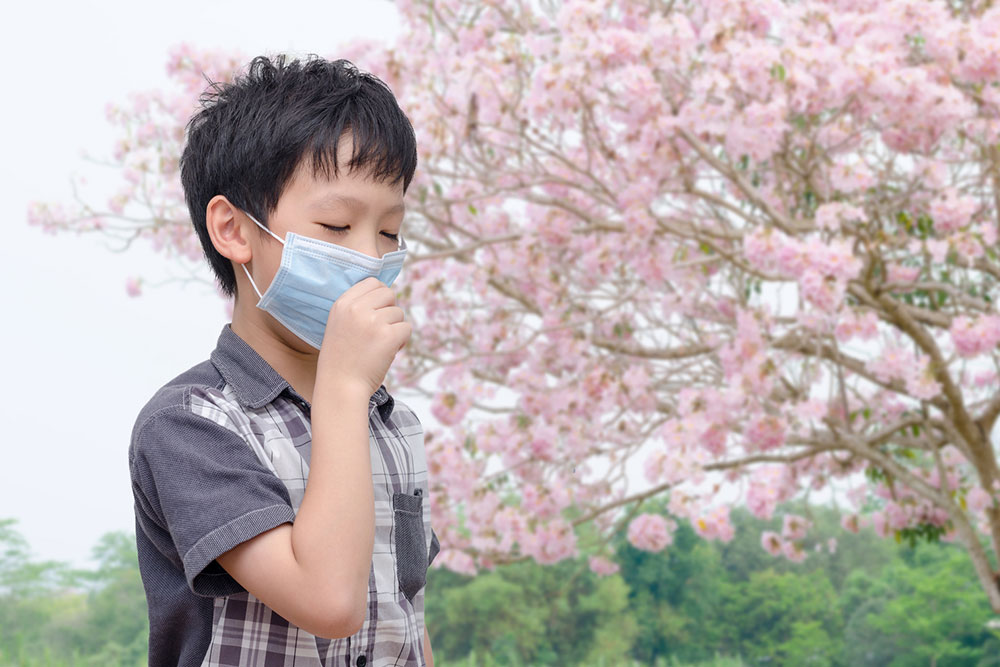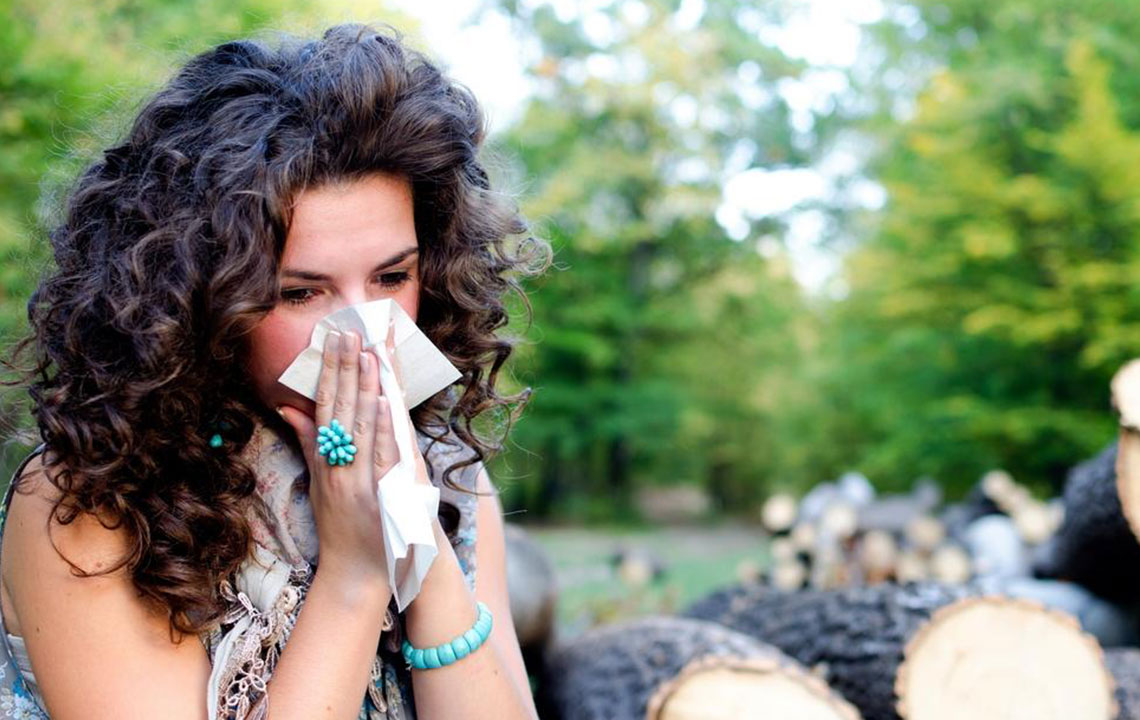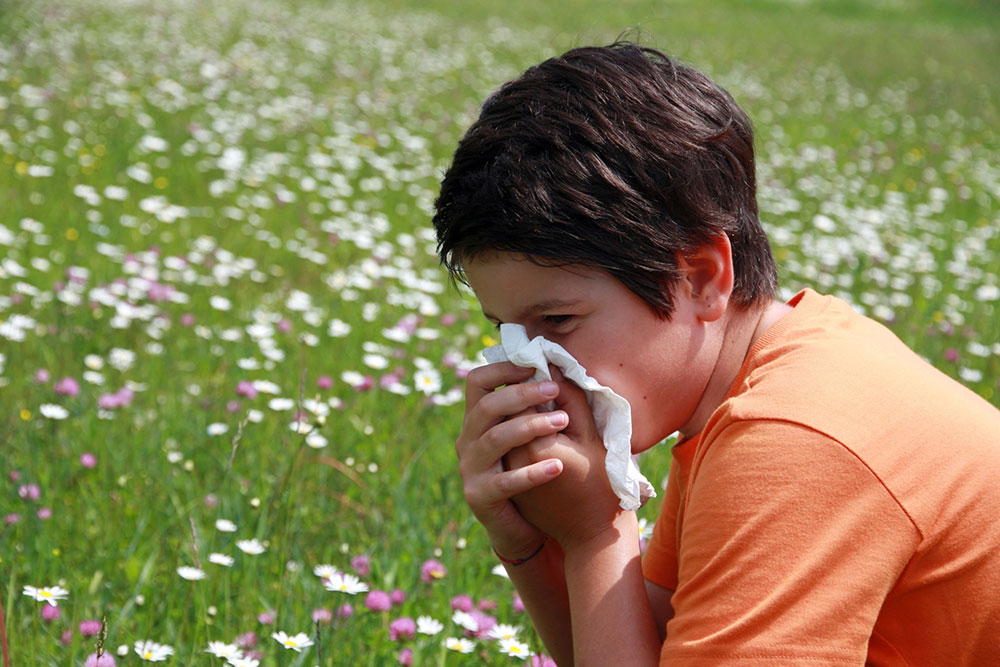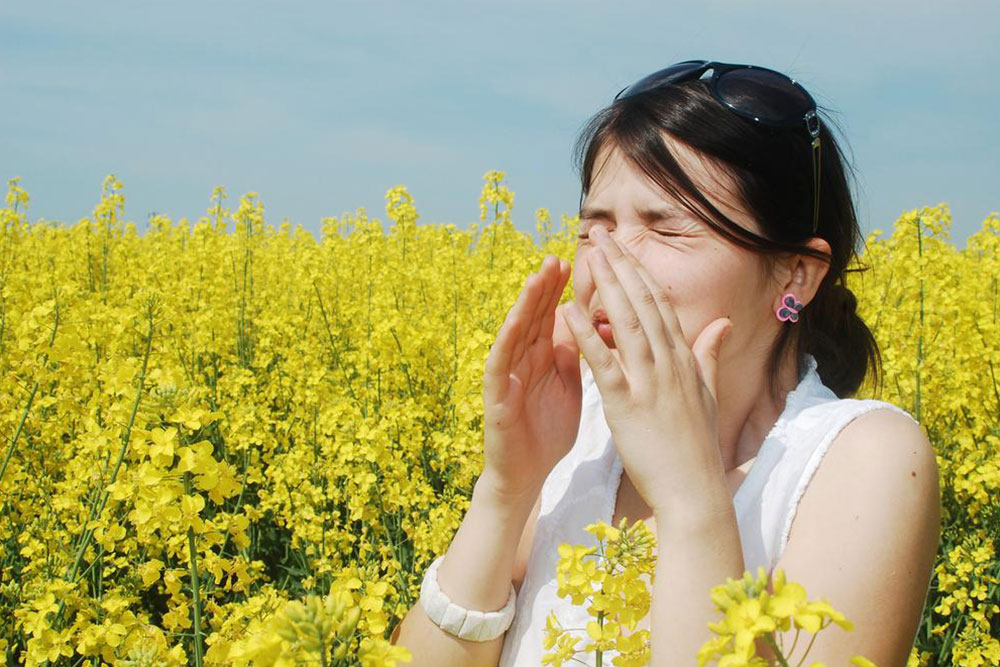Everything You Need to Know about Pollen Allergy
Pollen allergy is one of the most common variants of allergy in the United States of America , which affect about 30 percent of adults along wit h 40 percent of kids . Pollen can be described as a fine powder generated from weeds, grasses, flowers for fertilizing other plants under the same species. Many people develop an adverse immune response right when they breathe pollen.
The human immune system functions by defending the body from the harmful invaders like bacteria, virus and other allergens to ward off illnesses.
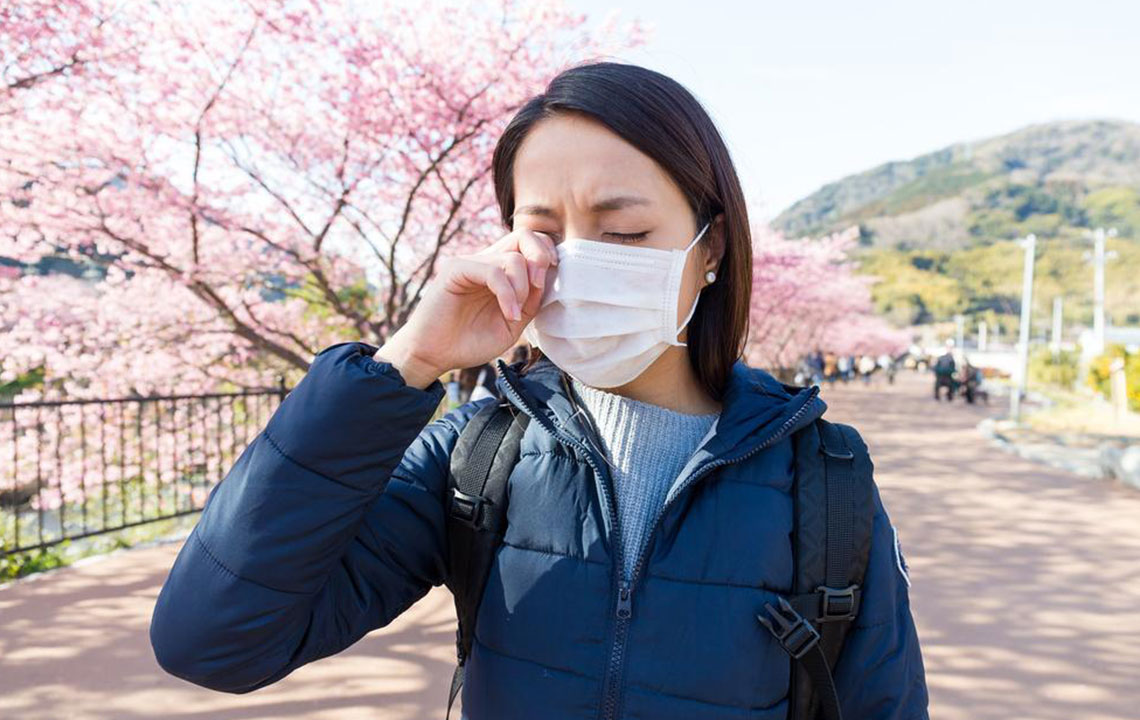
Some people have pollen allergies all through the year while others have seasonal allergies. For instance, those who have sensitivity towards birch pollen will have a surge of symptoms during the spring season when the birch tree s are blooming. Similarly , people with ragweed allergies will have symptom during spring and fall. So, let’s look at the symptoms that you need to know to spot the disease on time.
Know the signs of the allergy
If you already have a pollen allergy and breathe in air with heavy pollen, you are lik ely to experience symptoms mentioned below. Once you are aware of the symptoms, you will be able to help yourself and your family members better.
- Nasal congestion
- Sneezing
- Runny nose
- Watery eyes
- Itchy throat and eyes
- Wheezing
- Asthmatic reactions
- Coughing
- Sinus pressure which may lead to facial pain
- Scratchy throat
- Swollen skin with bluish tinge
- Decrease in the sense of taste or smell
Seek an expert
An expert doctor can easily diagnose a pollen allergy, but he may refer you to an allergy specialist for testing to confirm the allergy. An allergy specialist is a person who specializes in the diagnosis and treatment of different types of allergies include nasal allergies. He will first try to know your medical history along with the pollen allergy symptoms you are suffering from. You should tell your doctor if the symptoms are just present or get worse in certain instances.
Different tests to determine pollen allergy
Sometimes, a skin prick test may also be necessary for determining the particular allergen which is causing the symptoms. During this process, he will make a prick at various areas in the skin and insert tiny amounts of different allergens. If you are allergic to any of these substances, you will start developing redness, itchiness, and swelling in the site within half an hour.You may see that the area has become raised and round which resembles hive.
Safeguard on time
As it goes with any other types of allergy, the best way to reve rse the condition is to get rid of the allergen. But when it comes to the pollen, it is extremely difficult to avoid them. To treat the symptoms and manage the condition the following remedies can be tried:
- Stay home on dry and windy days
- Avoid gardening or yard work during peak sessions
- Wear a mask when pollen counts are very high
- Keep the doors and windows closed
Right medicines to treat pollen allergy
If your pollen allergy symptoms are still there despite taking the following preventive measures, then you shall have to take some medicines that may help the condition:
- Antihistamines like loratadine or diphenhydramine
- Decongestants like oxymetazoline or pseudoephedrine
- Medications combining antihistamines and decongestants
Opting for allergy shots
Allergy shots are given to those for whom medicines are not enough to ease the symptoms. These shots are a type of immunotherapy which involves a series of injections of the particular allergen. The quantity of the allergen gradually increases with the passage of time. The allergy shots help in modifying the immune system of the body as a response to the allergen so that the severity of the pollen allergy symptoms decreases. You may experience total rel ief from the issue within 1 to 3 years of starting allergy shots.
Try home remedies
Many home remedies can help in relieving pollen allergy symptoms . Here are a few of them.
- Use a neti pot for flushing out pollens in the nasal passage
- Try different extracts and herbs like spirulina and butterbur
- Take off all clothes that have been worn outside and washing them
- Dry clothes in a dryer
- Bring home a high-qua lity air filter or dehumidifier
Conclusion
The pollen allergy symptoms can be easily treated with allergy shots and medications. Experts also recommend lifestyle changes for relieving the symptoms related to pollen allergies. Sometimes, allergic reactions like allergic rhinitis and hay fever can be seen in patients . However, w ith all these tips, you can easily get rid of all your pollen allergy symptoms .
